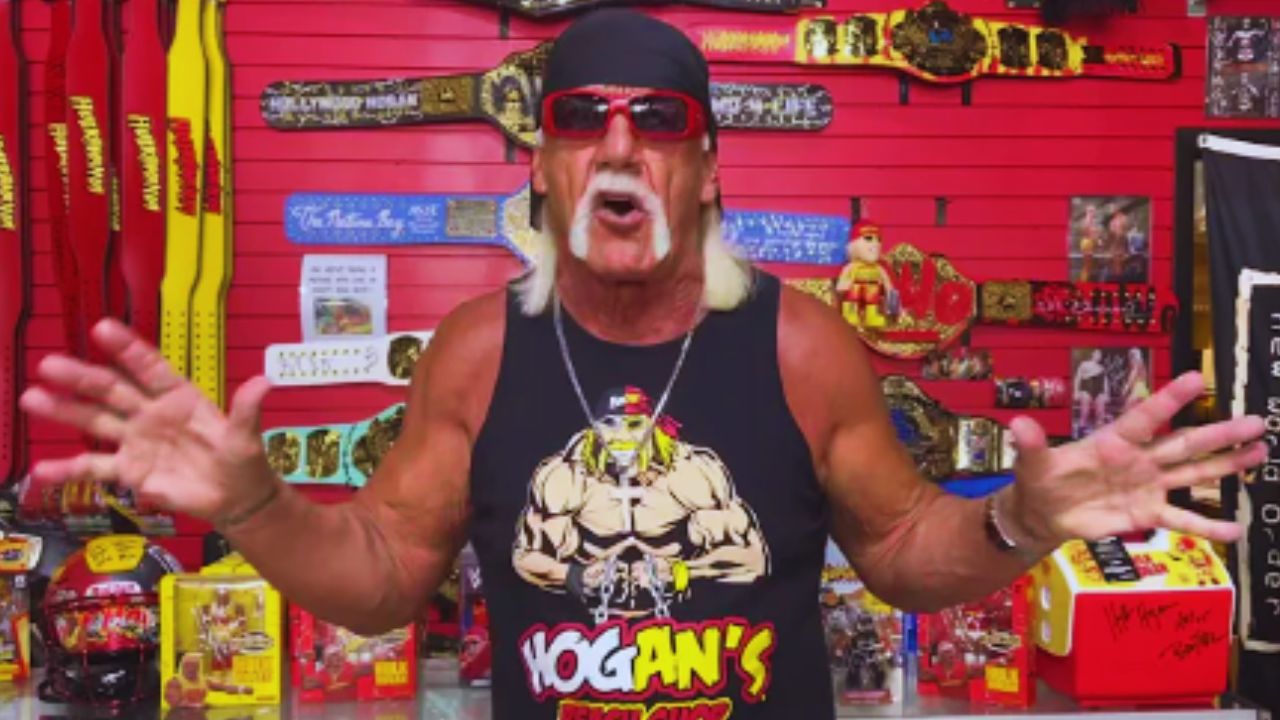The world of expert wrestling continues to buzz with speculation about the fall of World Championship Wrestling (WCW), an organization that once stood as a first-rate competitor to WWE. Amidst the debates and analyses, WWE Hall of Famer Hulk Hogan has currently brought his voice to the discussion, offering a fresh angle on what he believes brought about WCW’s downfall.
The Legacy of WCW
For a quick but memorable length in the late 1990s, WCW was a titan in the wrestling industry, engaging in fierce competition with WWE, then called the World Wrestling Federation (WWF). With iconic events like “Monday Nitro” and mythical figures, including Hogan himself, WCW captured the imaginations of wrestling fanatics around the world. However, the company confronted a dramatic and unexpected collapse in 2001, leading to a wave of questions about its death.
Corporate Decisions Over Talent Issues
Recently, Hulk Hogan shed light on his view of what brought about WCW’s fall. According to Hogan, the decline was much less about internal conflicts, skills problems, or management mistakes and more about a fundamental shift in corporate priorities.
Hogan, who was at the forefront of WCW’s success during its prime, emphasized that the collapse of the WWE was driven by broader company choices as opposed to wrestling-specific factors. “I think it was only a corporate choice,” Hogan said. “It had nothing to do with skills or who became fired or something like that. I simply think that huge corporate Ted Turner/Time Warner simply didn’t need that as part of their portfolio.”
Corporate Priorities Over Wrestling
Hogan’s insight shows that the pinnacle brass at Time Warner, which received Turner Broadcasting, became more centered on maintaining an advanced photograph for their community. “They wanted Turner Classic Movies for the week of their programming,” Hogan explained. “They had been very highbrow as far as their technique to programming, and they didn’t want a rasslin’ show on the network.”
This angle sheds light on a good-sized factor of the wrestling industry that often goes neglected—the impact of corporate culture and strategic priorities on leisure content material. For Time Warner, which became keen to position itself as a purveyor of highbrow and conventional amusement, wrestling, with its often flamboyant and arguable nature, clearly did not fit into their long-term vision.
The Irony of Booker T’s View
Interestingly, Hogan’s attitude contrasts with that of different wrestling legends, including Booker T, who has suggested that Hogan himself played a crucial role in the downfall of WCW. While Booker T’s remarks spotlight inner troubles and personality clashes, Hogan’s point of view places the blame squarely on outside company decisions.
This evaluation underscores the complexity of WCW’s demise, displaying that there are multiple facets to the story. The inner dynamics of the corporation, together with management choices, financial challenges, and talent disputes, actually performed a role, but Hogan’s consciousness of company priorities adds some other layer to the narrative.
The Ongoing Debate
As the wrestling community keeps to dissect the motives behind WCW’s disintegration, Hogan’s remarks remind us that on occasion the biggest elements are the ones past the ring. The shift in corporate attention, as Hogan indicates, illustrates how broader commercial enterprise techniques and adjustments in business enterprise possession will have profound consequences for the leisure enterprise.
The communication around WCW’s downfall is far from over, and with new insights rising, it’s clear that the reasons behind its fall are as multifaceted as the game itself. Whether it’s internal conflicts, corporate selections, or an aggregate of each, the tale of WCW remains a compelling chapter in wrestling records.




